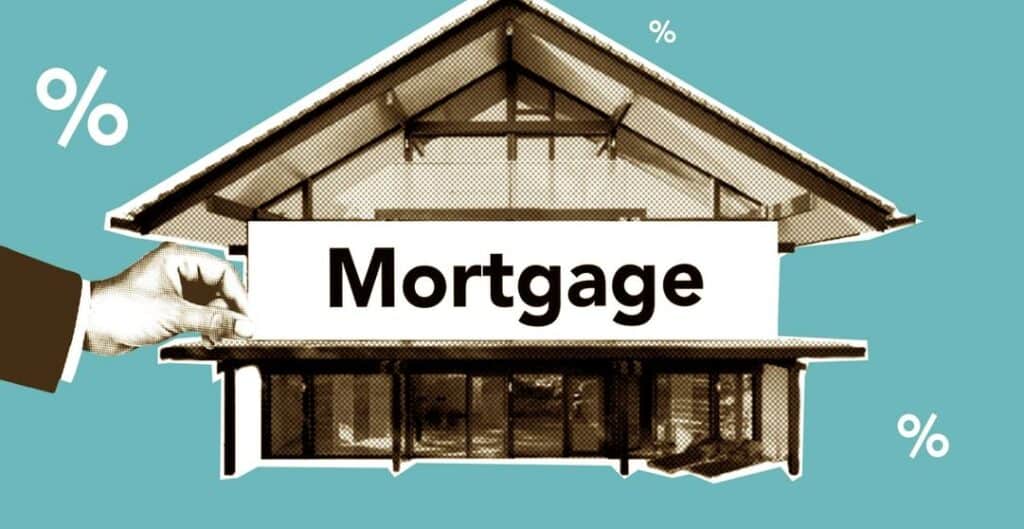Fixed vs. Floating: Choosing the Right Interest Rate for Your Mortgage Loan

When securing a mortgage loan for your dream home, one of the most crucial decisions you’ll need to make is choosing between a fixed and a floating interest rate. Each option has its own advantages and disadvantages, and your choice can significantly impact your financial well-being in the long run. Explore the key differences between fixed and floating interest rates, so you can make a better decision that suits your financial goals and circumstances.
Fixed Interest Rates – Stability and Predictability
Fixed interest rates provide borrowers with a sense of stability and predictability. When you opt for a fixed-rate mortgage, your interest rate remains balanced throughout the life of the loan. This means your monthly mortgage payments will also remain unchanged, making it easier to budget and plan for the future. This certainty is especially appealing to individuals who value financial stability and want to avoid surprises in their monthly housing expenses.
Floating Interest Rates – Flexibility and Risk
On the other hand, floating interest rates, also known as adjustable or variable rates, provide flexibility to borrowers in India but also carry inherent risks. In a floating-rate home loan, the interest rate is usually linked to the marginal cost of funds-based lending rate (MCLR), repo-linked lending rate (RLLR), or another benchmark rate used by Indian banks. This means your interest rate and your EMI (Equated Monthly Instalment) can vary over time.
Initial Costs and Qualification
When comparing fixed and floating interest rates for loans, especially a home mortgage loan, it’s essential to weigh the initial costs and qualification requirements. Fixed-rate mortgages usually come with higher initial interest rates than floating-rate mortgages. Nevertheless, fixed-rate loans are easier to qualify for because lenders perceive them as less risky, thanks to their consistent payments. On the other hand, floating-rate mortgages offer lower starting rates, which can appeal to certain borrowers but typically demand better credit profiles for approval.
Rate Trends and Market Conditions
The direction of interest rate trends and overall market conditions should also influence your decision. If market experts anticipate that interest rates will rise shortly, locking in a fixed-rate mortgage can protect higher payments down the road. Conversely, floating-rate mortgages may be more appealing when interest rates are low and expected to remain stable, as they can offer initial savings.
Long-Term vs. Short-Term Perspective
Your decision should align with your long-term financial goals. If you plan to stay in your home for a longer period, a fixed-rate mortgage can offer peace of mind, knowing that your monthly payments won’t change. On the other hand, if you anticipate a shorter stay or have a flexible financial situation, a floating-rate mortgage could lead to lower initial costs and potentially save you money in the short term.
Conclusion
In conclusion, choosing between a fixed and floating interest rate for your mortgage loan is a decision that requires careful consideration of your objectives and risk tolerance. Fixed rates offer stability and predictability, making them ideal for those who value budgeting certainty. On the other hand, floating rates provide flexibility and initial cost savings, but they come with the risk of future rate increases.
Before making your decision, it’s crucial to consult with a qualified professional who can assess your financial situation and provide personalised guidance. Additionally, staying informed about current market conditions and interest rate trends will help you make a well-informed choice that aligns with your long-term homeownership goals. By weighing the pros and cons of fixed and floating interest rates, you can secure a mortgage that suits your needs and sets you on the path to homeownership success.